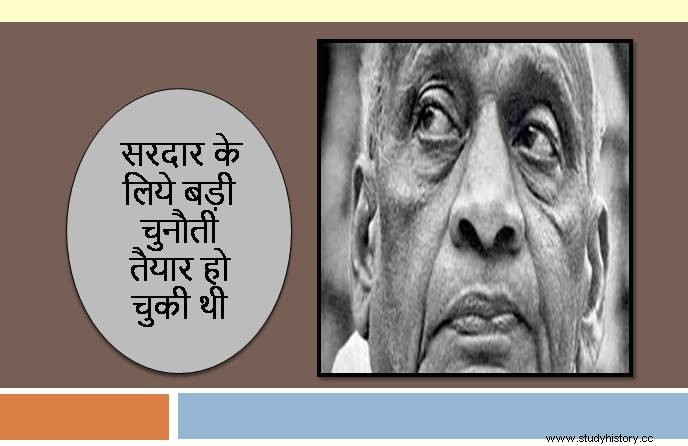
Muhammad Ali Jinnah, the father of Pakistan, made a plan to weaken India permanently and included Nawab Hamidullah of Bhopal, Secretary of the Political Department Conard Corfield, Nawab of Junagadh Muhammad Mahabat Khanji and some other friends. Jinnah also tried to get help from Nizam of Hyderabad as Mountbatten's attitude towards him was very soft. The rulers of some Hindu princely states also agreed to join Pakistan, who were angry with the Congress leaders.
The Maharaja of Travancore accepted to send a merchant party to Pakistan from his place on 11 June 1947. Bhopal Nawab Hamidulla Khan was working secretly as a pro-Pakistan and anti-Congress, but when the partition of the country was certain, the Bhopal Nawab Opened his fist and went in support of the apparently divisive Muslim League and became a close adviser to Jinnah.
He joined Jinnah's plan under which the kings were to be encouraged to either meet in Pakistan in greater numbers or to make them declare that they would keep their kingdom independent. In view of the actions of the Nawab, Secretary of the princely ministry A. s. Pai sent Patel a notesheet that the Bhopal Nawab was acting as Jinnah's broker.
The Nawab wanted that a group of states coming along the route from Bhopal to Karachi should be formed which should be merged with Pakistan. Therefore he made a plan with Jinnah's consent that the states of Baroda, Indore, Bhopal, Udaipur, Jodhpur and Jaisalmer should become a part of Pakistan.
The biggest obstacle in this plan could have been present from the side of Udaipur and Baroda. Thus a map of India's fragmentation was prepared. The rulers of the smaller states were watching carefully as to what would be the outcome of the revolt of the big states, they wanted to proceed accordingly. Thus a big challenge was prepared for Sardar Patel.
